Women in mining: even under precarious conditions, we persist and move forward
Hello! To kick off this series of posts, I’d like to start by introducing myself. My name is Talita Ferreira, I’m a geologist with a degree from the University of São Paulo and a Master’s in Mineral Resources from the same institution. I’ve been in the profession for 18 long years, all dedicated to geology—and more specifically—mining.
I was drawn to this field during university, when in my final year, I decided to study carbonatitic formations in southern São Paulo state. I carried out a research project that helped improve the understanding of the various bodies being mined at an apatite operation. It wasn’t easy—this work required great sacrifice (I practically paid to work)—but through it, I became immersed in the daily life of an open-pit mine. I learned what a drilling campaign involved, observed core samples, described thousands of drilled metres, sampled, mapped active fronts, released mining areas… and many other things I can no longer recall.
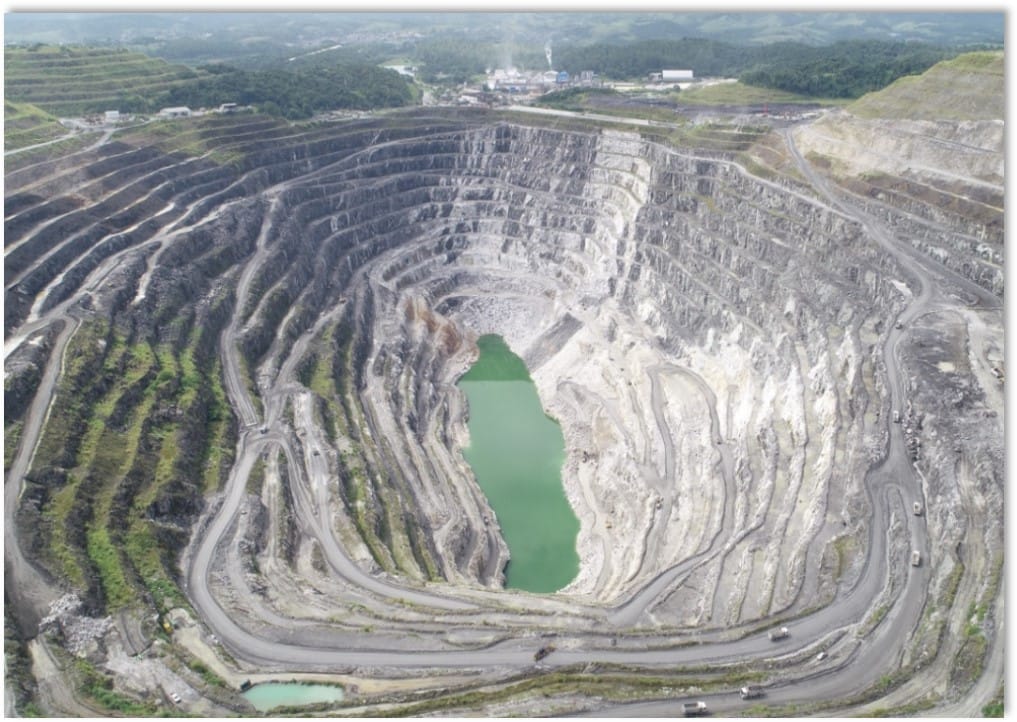
After this incredible experience, I graduated as a geologist and was faced with the challenge of finding a job in the sector, especially difficult as a newly graduated woman. Fortunately, I found a position with a small consulting firm, which gave me the opportunity to explore different contexts, discover alternative paths within the industry, and, best of all, work alongside highly experienced professionals who had much to teach. I learned a great deal about Brazilian geology, about 3D modelling, mining legislation, and—most importantly—that I had chosen the right path, despite all the obstacles (literally and figuratively) along the way.
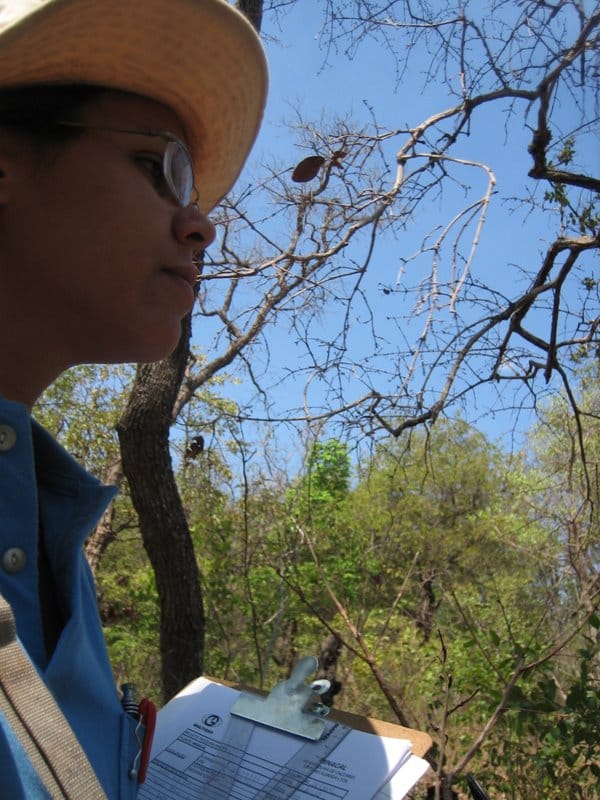
Driven by curiosity, I always wanted more. After four years at the consultancy, I wanted to understand the full picture, to know what happened beyond the stages I was already familiar with. That’s when I sought new challenges in a mining company. I began working with gold—a mineral full of ups and downs—but fortunately, we went through a positive cycle. It was there that I discovered geostatistics, and I’ve never looked back. Through various training courses and lots of practice, I completed my master’s degree, explored other geological settings around the world, got married, had children, and continued working to strengthen the sector and promote the inclusion of women in mining. I was fortunate to work with and learn from incredibly talented women, and together we’ve continued to grow and break increasingly specific barriers in the industry.
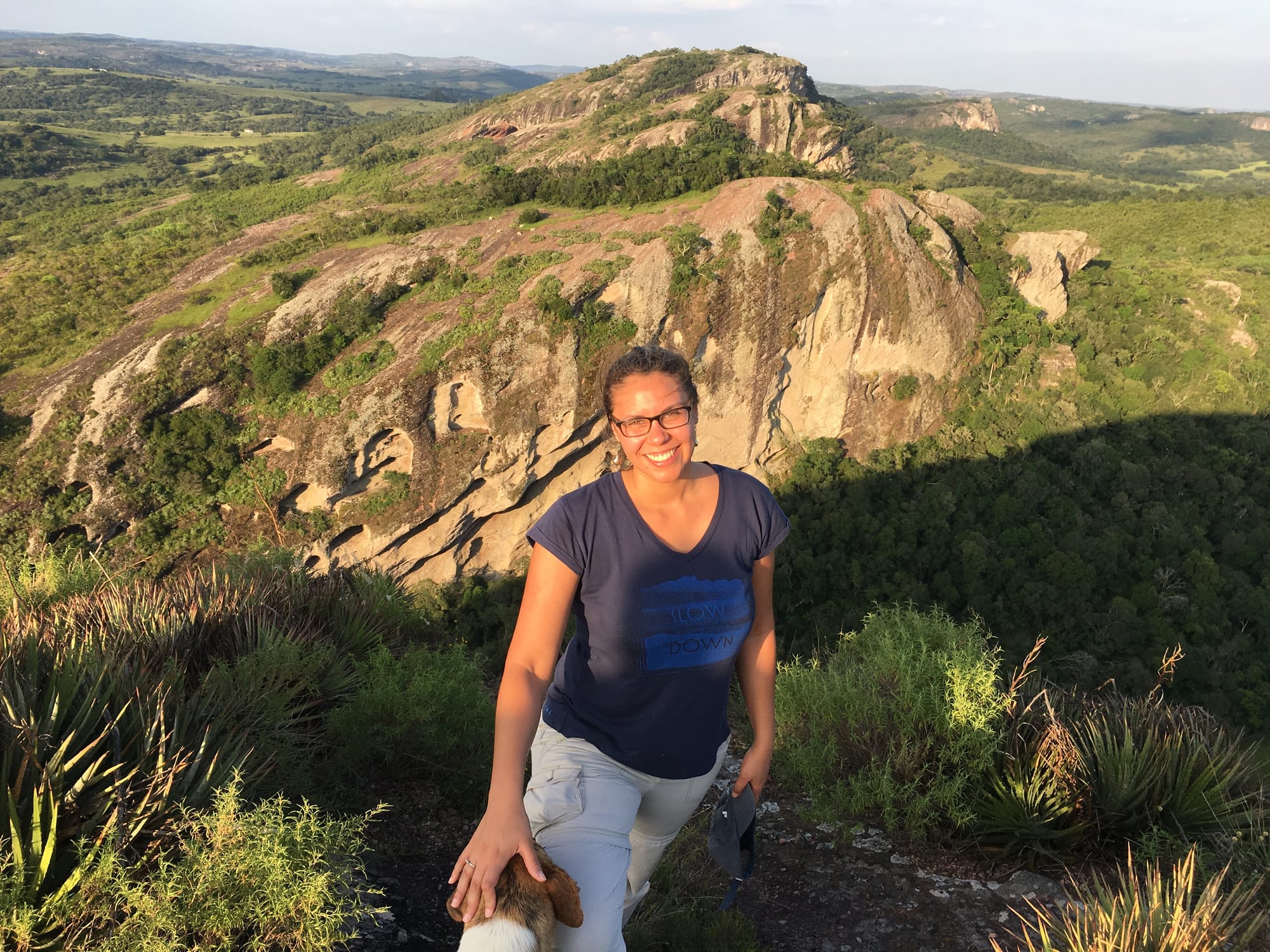
Over the years, I’ve often been challenged to give my absolute best, to study harder than others just to feel confident that I was capable—that I could handle a task even when surrounded by men who doubted my potential, who excluded me, or only validated my ideas when echoed by other men.
One experience that stuck with me happened early in my career, when I was assigned a tough task: collecting undisturbed samples of itabirite, whose dimensions made extraction nearly impossible. During this intense work, I led a technical team composed entirely of men and frequently had to guide them on correctly handling samples and locating sampling points. However, the biggest challenge came from the client company, which would only accept my suggestions after a senior male colleague repeated them, despite them being the same ideas I had already proposed. Years later, with much more experience, visiting a mine and seeing that there was no separate washroom for women workers became yet another reason to fight for inclusion and visibility. Even in precarious conditions, we persist and keep moving forward.
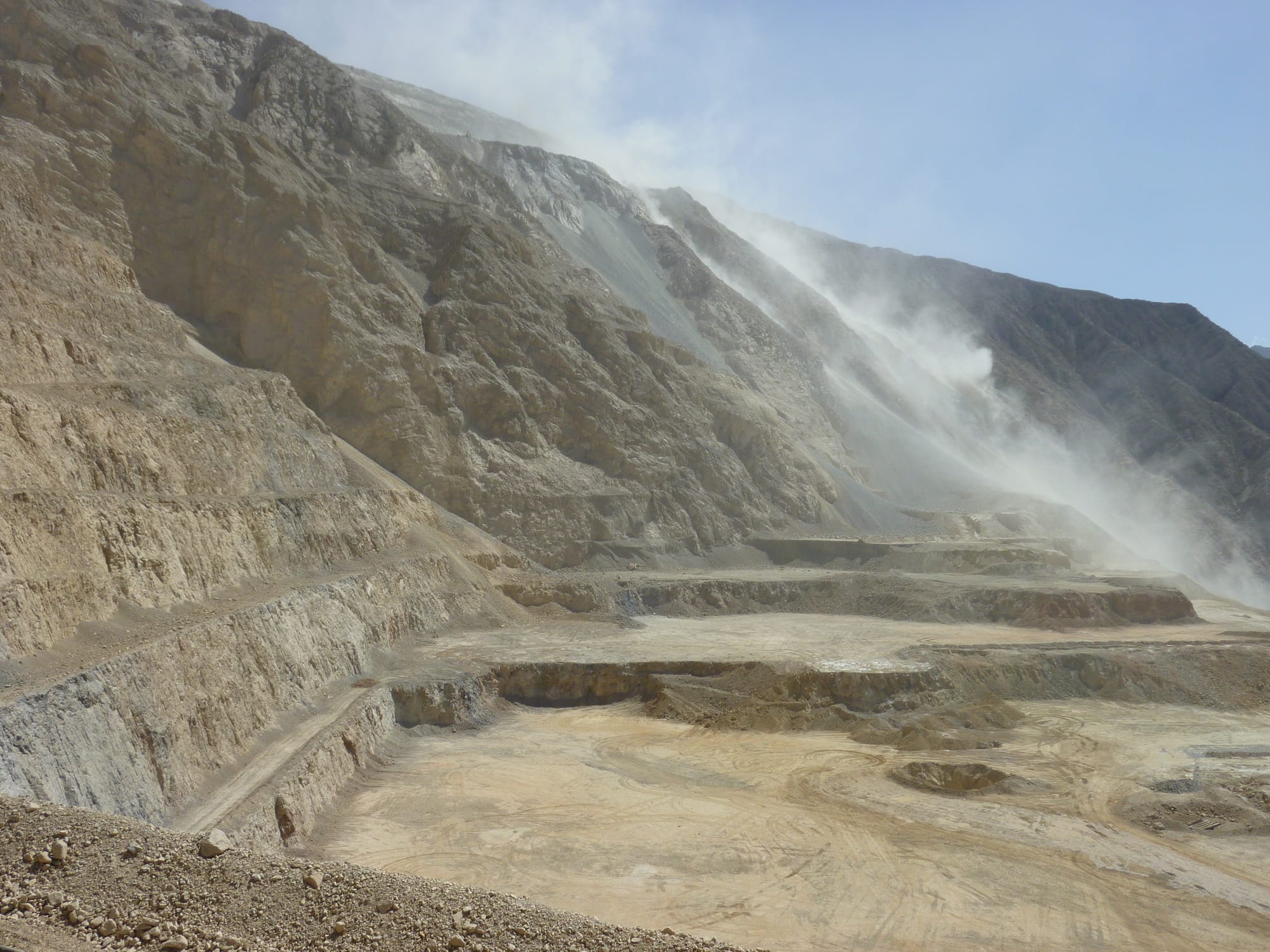
Last but not least, returning to work after two maternity leaves was far from easy—especially when I could feel those around me judging me simply for valuing life over work. That experience made me rethink many things and pushed me to support other women in similar situations. This led me to join a maternity-focused initiative at the company I was working for. It helped me realise that many women face completely different realities from mine. Sharing experiences with other mothers in mining has undoubtedly been the most empowering thing I’ve done. In the end, we don’t need to be less feminine or less competent to perform our roles with excellence.
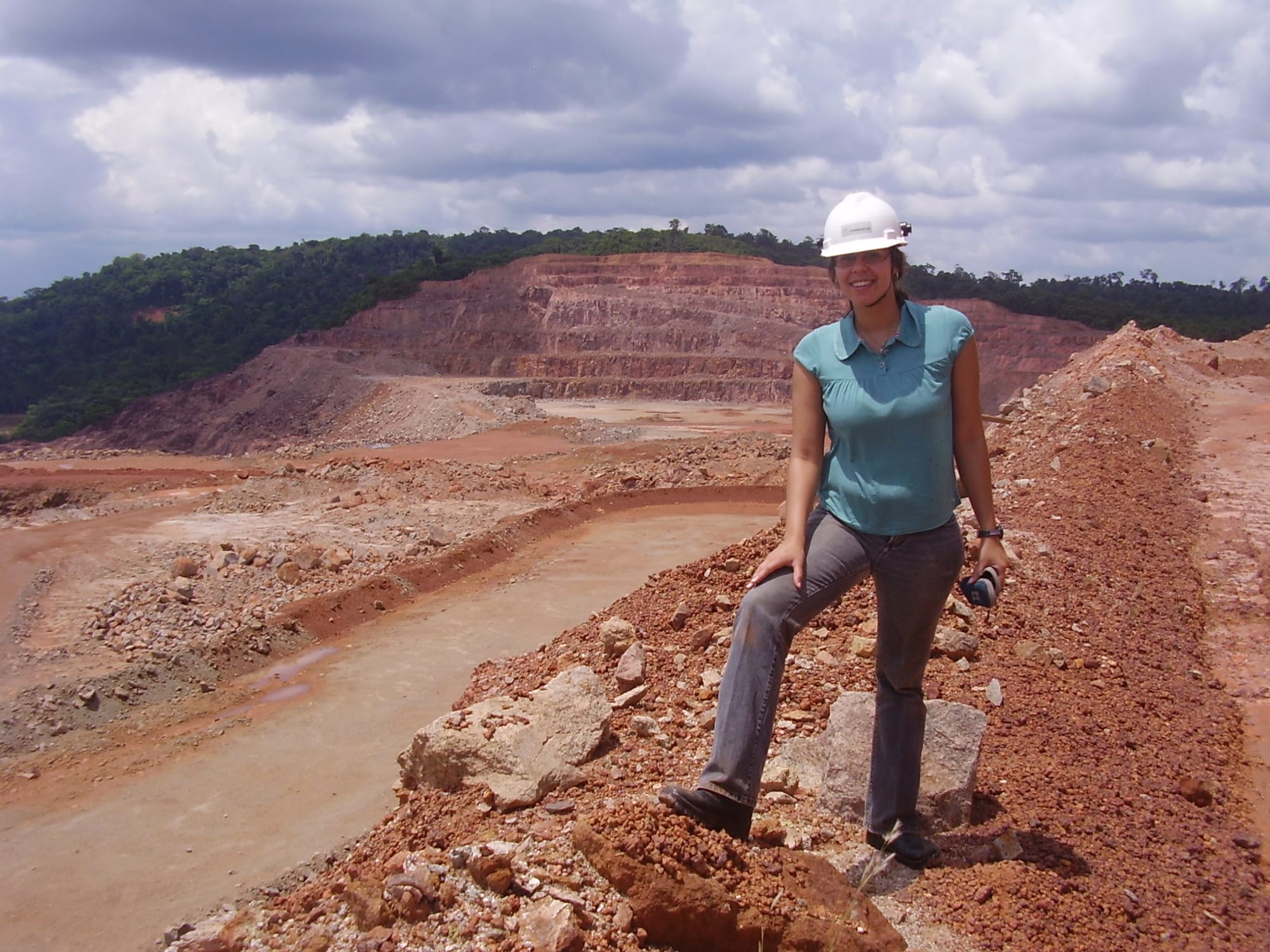
The journey has been anything but straight, but that hasn’t dimmed my fascination or passion for mining. Today, at GeoEstima, my work is recognised and valued—not just professionally but personally as well. I’m part of a company that truly values human relationships and sees each person as a unique individual, regardless of gender, sex, or ethnicity.
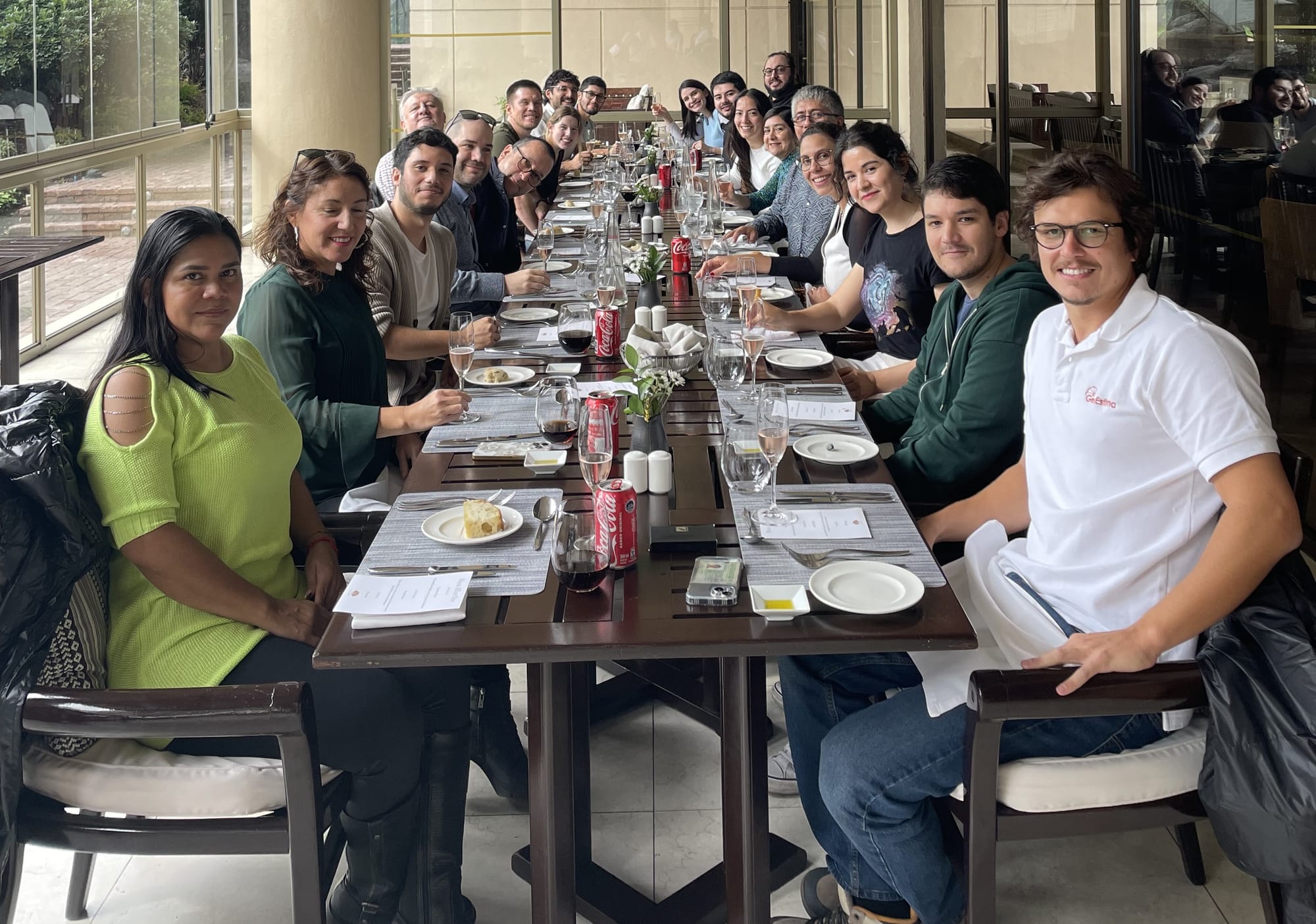
Today we celebrate Women in Mining Day, and I’d like to share this story with those who may often feel undervalued or invisible in their roles. Together we are stronger, and we belong in any place, any conversation—and still remain fully and proudly women.
